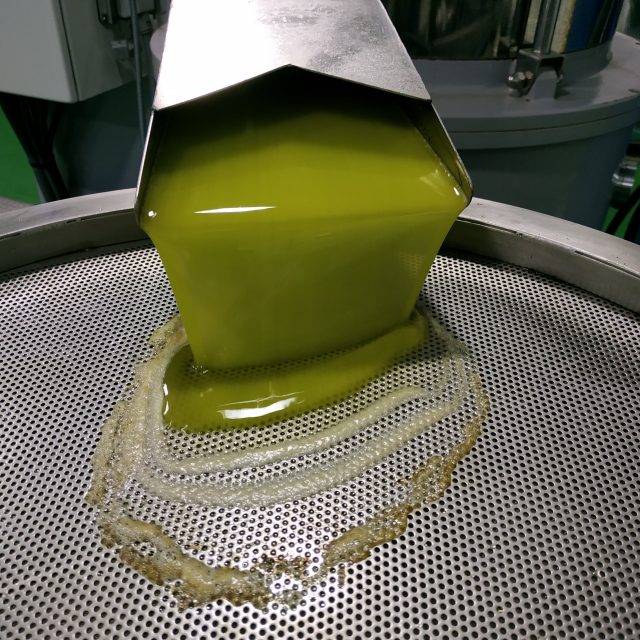
You must have noticed that peppery sensation at the back of the throat when you sip neat olive; it stings and may even make you cough. It’s irritating; it’s pungent, even unpleasant. What you should know though is that these are all definite signs of good quality olive oil. And, the more peppery, the more stinging, the better the quality of the oil.
So why do you get that stinging and irritating?
It shows that the extra virgin olive oil is fresh, made with early harvest olives and contains a high percentage of a compound called oleocanthal. This naturally synthesized anti-inflammatory was discovered by chance in 1999 by the researcher Dr. Gary Beauchamp in Sicily when he attended a symposium on newly pressed olive oil.
The visiting American followed the instructions for olive oil tasting. He cradled the cup and sipped the samples. To his surprise, he noticed the same throat stinging sensation similar to liquid Ibuprofen, the project he was working on at the time. Gary Beauchamp was intrigued. Subsequent analysis identified oleocanthal as the cause of the stinging sensation, a compound that proved to be an anti-inflammatory.
Research showed, for example, that oleocanthal, like Ibuprofen, inhibits the production of the two enzymes that cause arthritis.
Oleocanthal and Arthritis
Arthritis is quite simply inflammation of the joints caused by two inflammatory enzymes, COX-1 and COX-2. If the inflammation of these two enzymes continues unchecked, it causes damage to the cartilage and, eventually, the bones themselves. And once the deformity sets in, it cannot be reversed.
Doctors recommend anti-inflammatory drugs in particular Ibuprofen to reduce the pain and swelling from rheumatoid arthritis.
What’s great is that scientists have discovered that oleocanthal, like Ibuprofen, inhibits the production of the two enzymes that cause arthritis. It does so without causing harm to the body, unlike Ibuprofen which can irritate the esophagus.
So next time you’re sipping extra virgin, look out for bitterness, it’s loaded with oleocanthal, the natural component that comes from the purest of olive oil. Does Olive Oil go bad ?
Photo credit: Cécile Le Galliard. Article publié sur Provencial Provence: a taste of life in the South, le 29 janvier 2020

Un commentaire